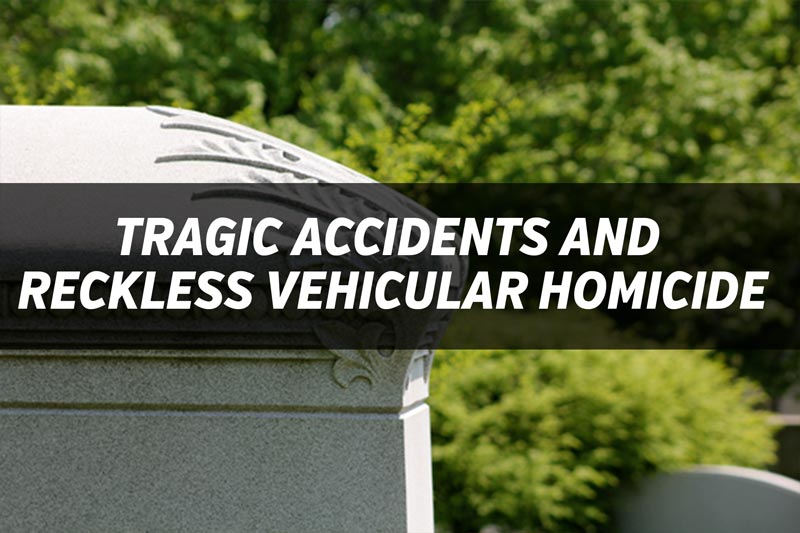Last September, Carlos Watkins, a Clemson University football player, and his childhood friend, Dache Gossett, were leaving a cookout when their vehicle slid off the rain-soaked road and collided with an electrical pole. Watkins and Gossett were both passengers in the car that was driven by Tajae McMullens, the brother of the cookout’s host. Gossett—who was not wearing a seatbelt—died after he was ejected from the car, while the fallen pole trapped Watkins inside the vehicle. Watkins was later told that if he was not a nearly 300 lb. athlete, the impact would have broken his legs instead of leaving him with scrapes, cuts, and bruises. Watkins’ injuries have since healed, but the tragic memory remains.
Reckless Vehicular Homicide in South Carolina
The rainy weather was cited as a cause of that collision, but other factors such as inebriation or speeding can also lead to car accidents. On December 18, 2012, an amendment to South Carolina’s vehicular homicide law (Section 56-5-1910 of the 1976 Code) took effect. Under the law, if a person dies from an injury incurred from a car accident that occurred within the last three years, and where the driver was found to have been in reckless disregard of the safety of others, then the driver can be charged with reckless vehicular homicide.
Recklessness is defined as a disregard for the safety of others, and can include driving while intoxicated or under the influence of controlled or illegal substances or speeding—particularly during adverse weather conditions such as rain, snow or hail. If convicted or after a guilty plea, the driver may be fined between $1,000 and $5,000, imprisoned for no more than 10 years, or both. The felony conviction for reckless vehicular homicide also results in the DMV revoking the driver’s license for five years.
Sobriety Tests
The amended law also requires the driver to submit to a sobriety test (breath, blood or urine) administered by a law enforcement official at the scene of the accident, if the driver is physically able to do so. More than one sobriety test can be administered, and evidence that the driver resisted, obscured or opposed a test can be admitted during trial.
A year after a driver’s license is revoked, the person may petition the home county circuit court for reinstatement of the driver’s license if they fall under one of the following circumstances:
Intoxicating alcohol (wine, beer or liquor) or drugs were not a factor in the accident;
The petitioner had paid the fine, assessment or restitution in full or served the term of imprisonment or both; or
The petitioner’s overall driving record, driving ability, character, habits or attitude makes it safe to reinstate driving privileges.
It is wise for a person or loved ones of a person who has been injured or killed by a reckless driver to seek advice or representation from an experienced automobile accident attorney. Reckless vehicular homicide is a felony that has serious and lasting effects for all parties involved. Reckless vehicular homicide not only ends a life, but also drastically affects the lives of others.

David Price is a Personal Injury, Civil Litigation, Collections, and Criminal Defense Attorney who practices in Greenville, SC. He graduated from the University of Georgia School of Law, and has been practicing law for 12 years. David Price believes in helping those who have been injured. Learn more about his experience by clicking here.

